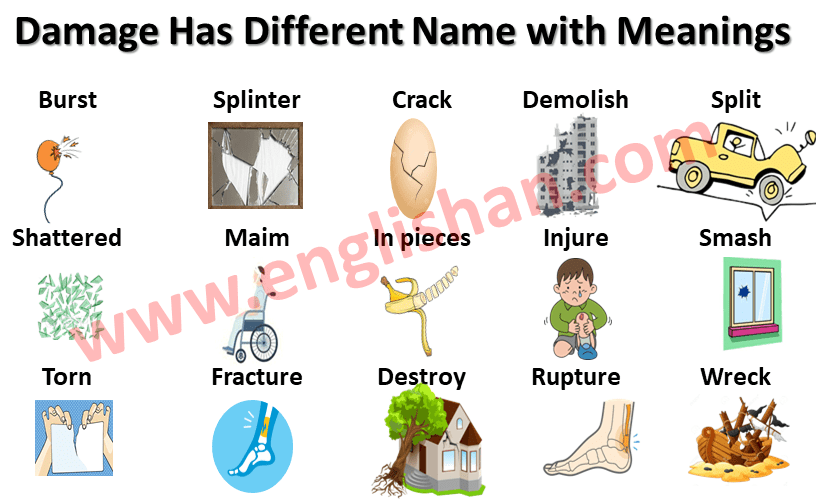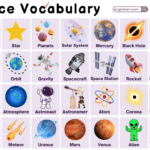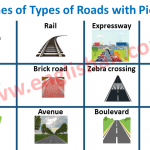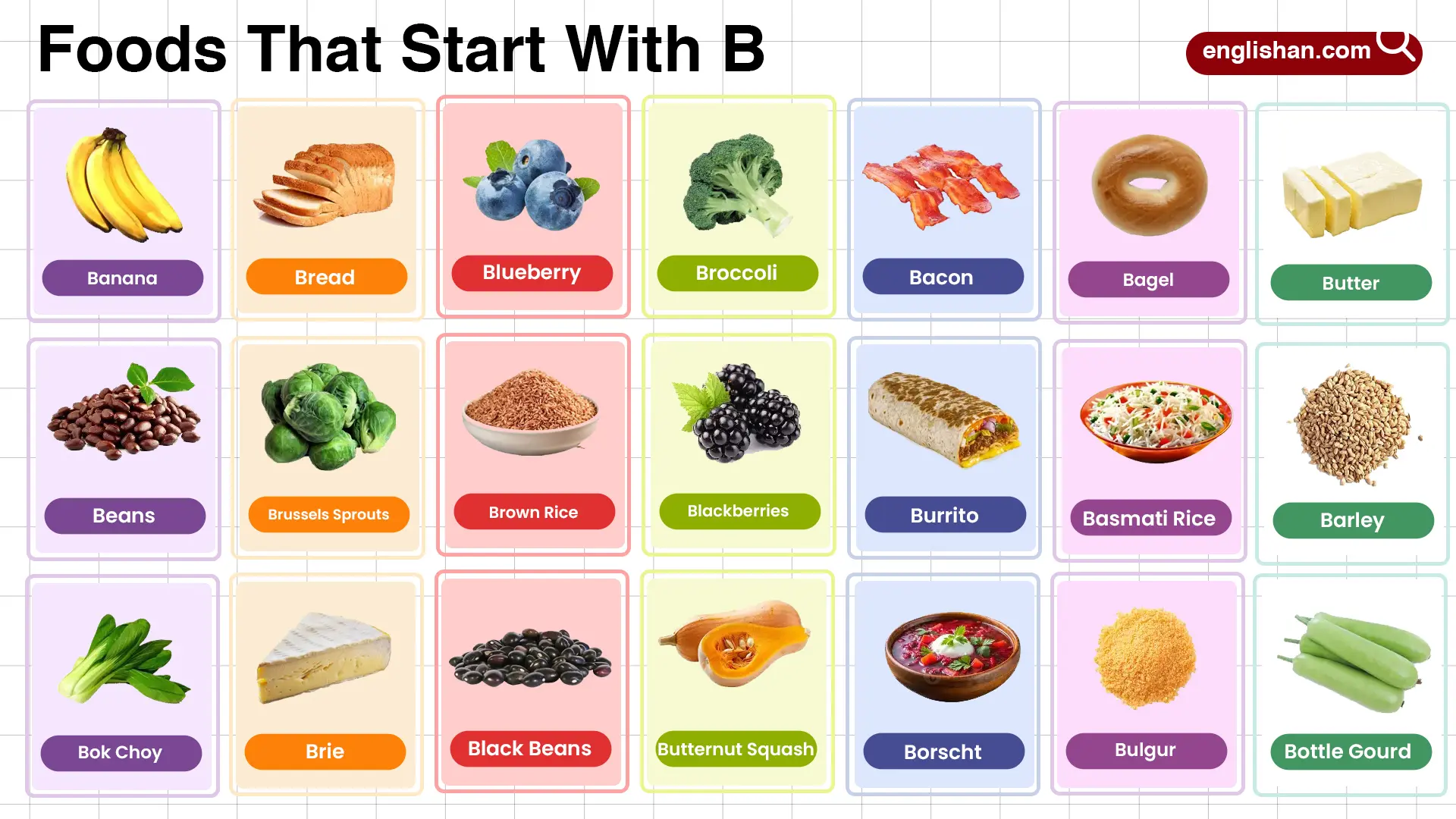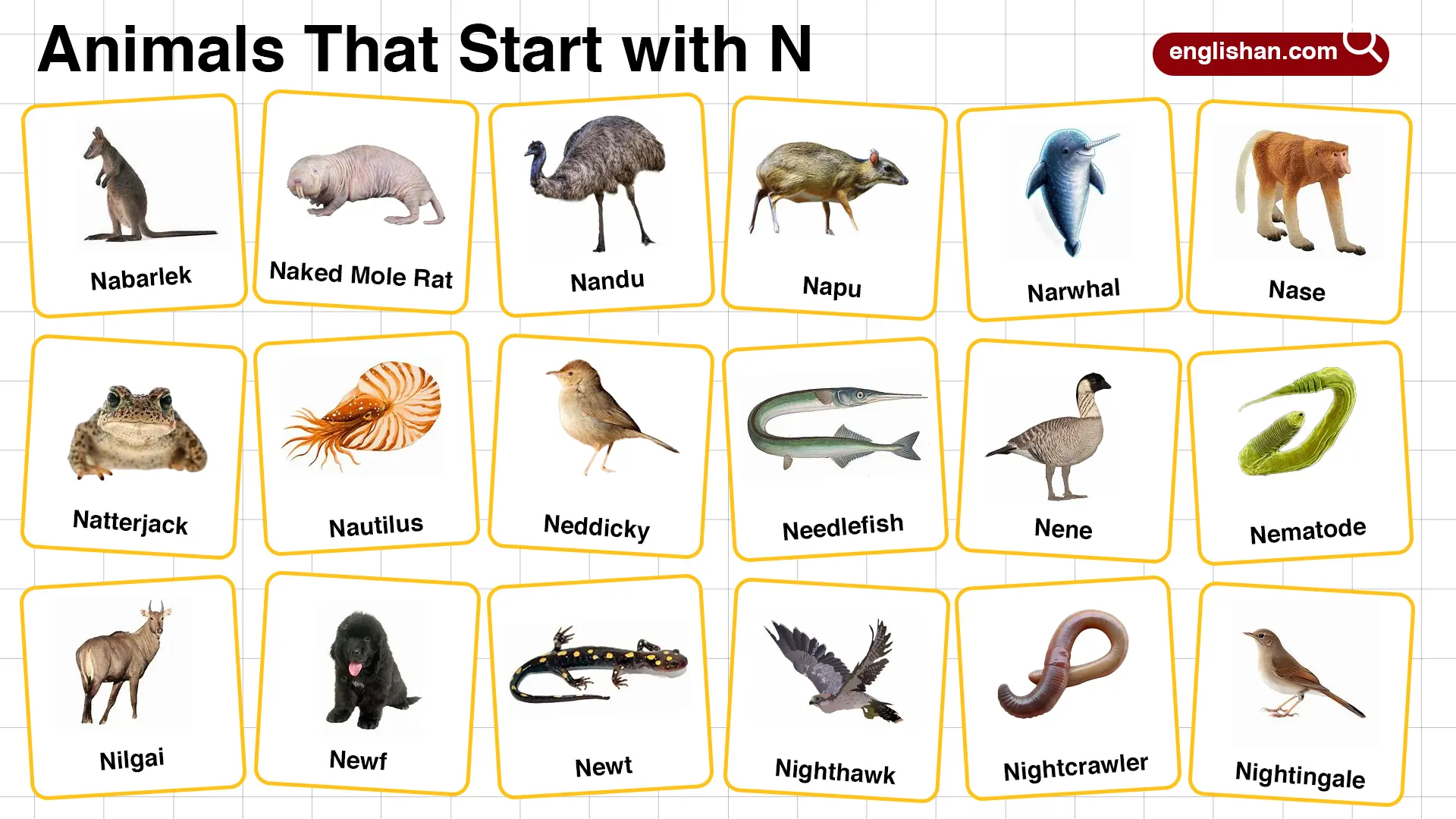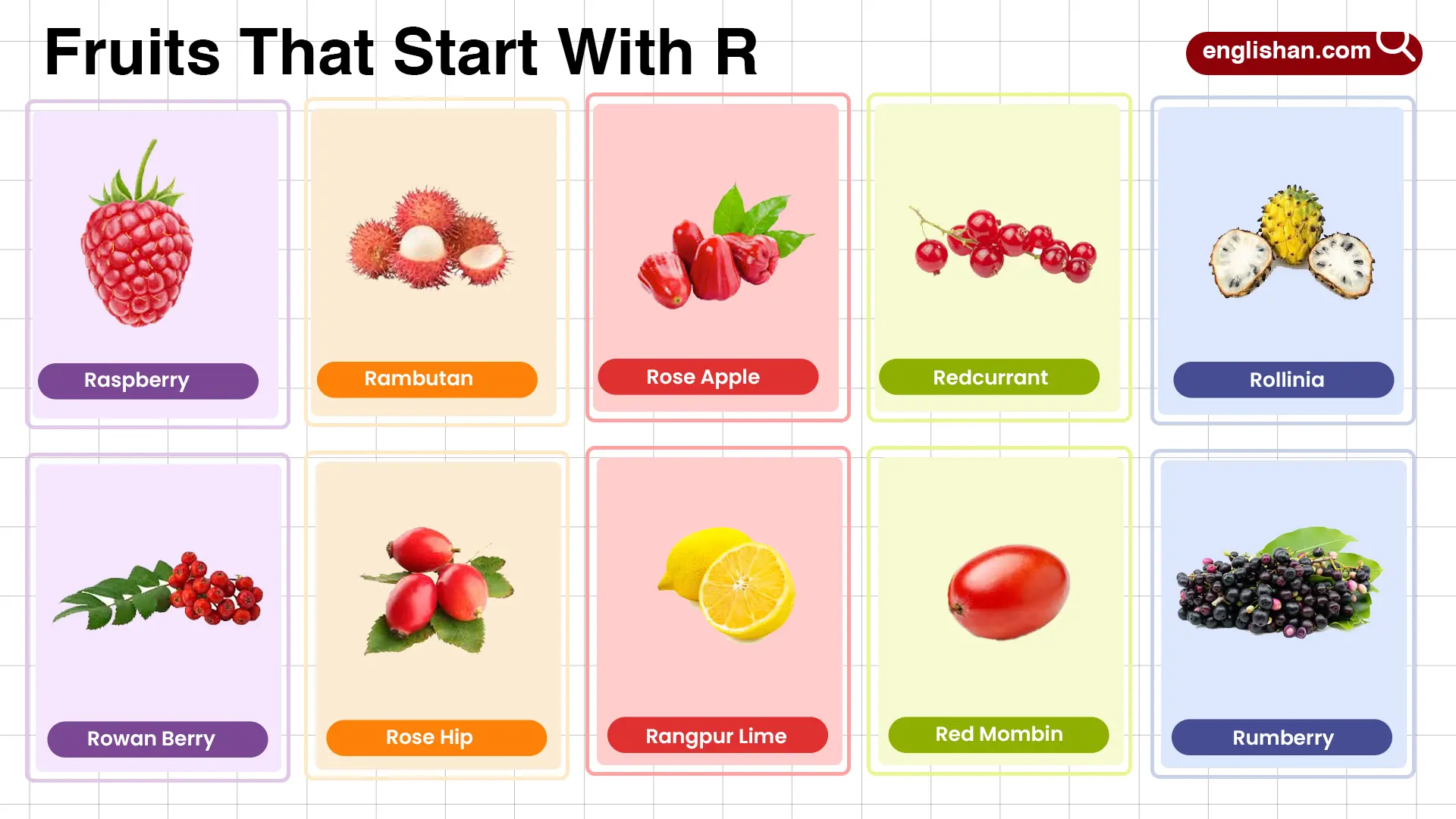In this blog post, we will help you learn everyday words to describe different types of damage in English. These words will help you express situations more clearly, whether talking about broken items, stains, or other forms of wear and tear. Expanding your vocabulary on this topic will improve your daily communication skills.
Learn more vocabulary on different topics from our vocabulary category.
Physical Damage
Physical damage refers to any kind of harm that affects the structure or appearance of an object. This could be anything from a small scratch to a big crack. Let’s look at some common words used to describe physical damage.
- Burst: This word describes something that has suddenly broken open or exploded, often releasing what’s inside. For example, “The balloon burst when it touched the sharp edge.”
- Shattered: Shattered means something has broken into many small pieces, often into tiny fragments. For example, “The glass shattered when it hit the floor.”
- Torn: Torn refers to something that has been ripped or pulled apart, usually referring to fabric or paper. For example, “My shirt got torn on the fence.”
- Crush: Crush means to press something so hard that it becomes flat or deformed. For example, “The box was crushed under the heavy weight.”
- Splinter: Splinter refers to a small, thin piece of material that has broken off from a larger piece, often wood or glass. For example, “A splinter of wood got stuck in my finger.”
- Fracture: Fracture describes a crack or break, often in something hard like bone or metal. For example, “The bone fractured during the fall.”
- Crack: A crack is a narrow, often jagged line where something has begun to split or break but hasn’t fully separated. For example, “There’s a crack in the ceiling.”
- In pieces: This phrase is used when something has completely broken apart into several parts. For example, “The vase was in pieces after it fell.”
- Destroy: Destroy means to cause so much damage that something is completely ruined or unusable. For example, “The storm destroyed the small shed.”
- Split: Split refers to something that has divided into two or more parts, often along a line of weakness. For example, “The log split in half when I hit it with the axe.”
- Damage: Damage is a general word that refers to any kind of harm that affects the value, function, or appearance of something. For example, “The car suffered damage in the accident.”
- Chipped: Chipped means a small piece has broken off from the edge or surface of something, usually hard materials like glass or ceramic. For example, “The cup has a chipped rim.”
- Smash: Smash means to break something into pieces with force. For example, “He accidentally smashed the mirror.”
- Snapped: Snapped means something has broken quickly and sharply, often into two pieces. For example, “The twig snapped under the weight.”
- Rupture: Rupture means to break or burst suddenly, especially under pressure. For example, “The pipe ruptured due to the cold weather.”
- Disintegrate: Disintegrate refers to something breaking down into small parts or fragments, often into dust or powder. For example, “The old paper disintegrated when I touched it.”
- Wreck: Wreck means to cause extensive damage, often so much that the object is no longer functional. For example, “The ship was wrecked on the rocks.”
These words help describe the kind of physical damage an object might have, giving others a clear idea of what has happened.
Emotional or Mental Damage
Damage isn’t just physical; it can also be emotional or mental. This type of damage affects how a person feels or thinks. Here are some common words used to describe emotional or mental damage.
- Hurt: Hurt is a general word that describes the pain someone feels emotionally. For example, “She felt hurt by his words.”
- Trauma: Trauma refers to a deep emotional wound or shock that has a lasting impact. For example, “The accident caused her a lot of trauma.”
- Stress: Stress is a feeling of being overwhelmed or under pressure. For example, “The job has caused him a lot of stress.”
- Anxiety: Anxiety is a feeling of worry or fear, often about something that might happen. For example, “She has anxiety about speaking in public.”
- Depression: Depression is a serious condition where someone feels very sad and hopeless for a long time. For example, “He is dealing with depression after losing his job.”
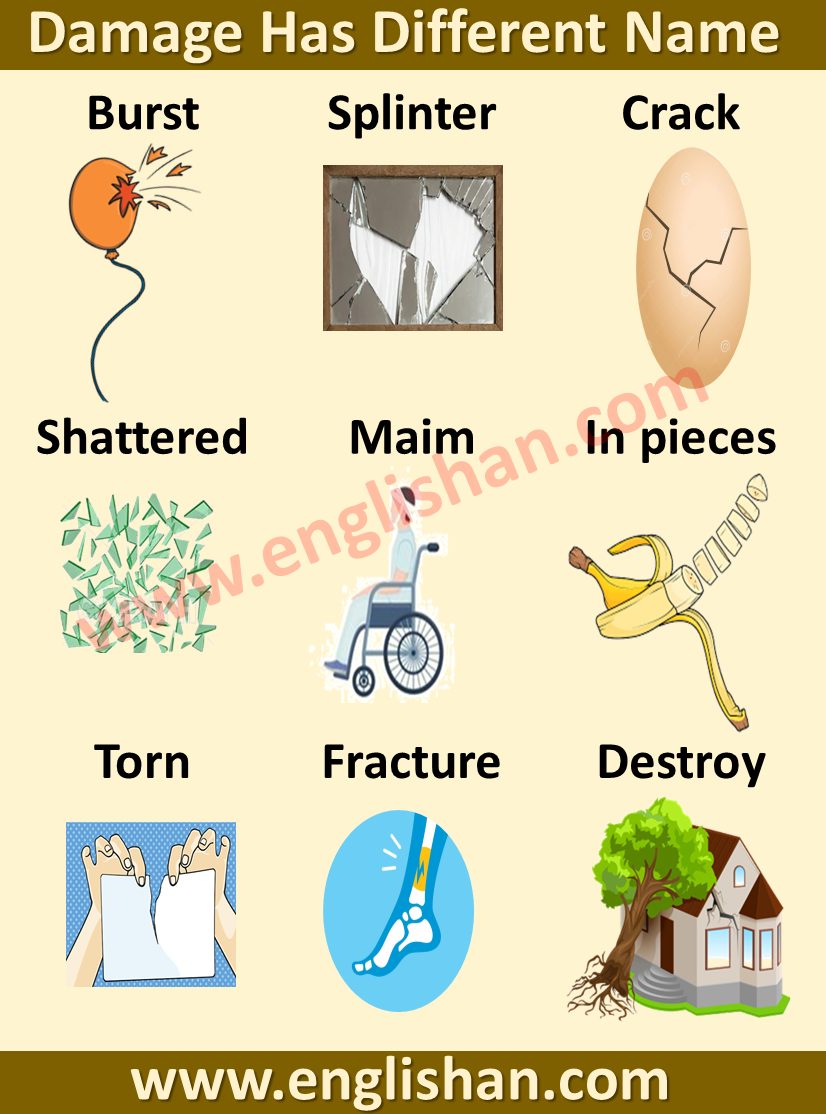
These words help describe how someone is feeling emotionally or mentally, which can be just as important as describing physical damage.
Environmental Damage
Environmental damage refers to harm done to nature or the environment. This kind of damage affects plants, animals, and the planet as a whole. Here are some words commonly used to describe environmental damage.
- Pollution: Pollution is the presence of harmful substances in the air, water, or soil. For example, “The river is polluted with chemicals.”
- Deforestation: Deforestation is the cutting down of trees in a large area, which harms the environment. For example, “Deforestation is causing loss of habitat for many species.”
- Erosion: Erosion is the gradual wearing away of soil, rock, or land by wind, water, or other natural forces. For example, “Erosion has caused the coastline to shrink.”
- Contamination: Contamination refers to the presence of something harmful or toxic in a natural setting. For example, “The water supply is contaminated with bacteria.”
- Extinction: Extinction is when a species completely disappears from the planet. For example, “Many animals are at risk of extinction due to habitat loss.”
These words help describe the impact of human activity on the environment, making it easier to talk about important issues like climate change.
Structural Damage
Structural damage refers to harm that affects the stability or integrity of a building, bridge, or other structure. Here are some common words used to describe structural damage.
- Collapse: Collapse means to fall down or give way suddenly, often due to structural failure. For example, “The old building collapsed after the earthquake.”
- Leak: A leak is a hole or crack through which liquid or gas escapes. For example, “There’s a leak in the roof.”
- Sag: Sag means to sink or droop down, often because of weak support. For example, “The ceiling is starting to sag.”
- Warp: Warp means to become bent or twisted out of shape, usually due to heat or moisture. For example, “The wooden floor has started to warp.”
- Fracture: A fracture is a crack or break, often used to describe damage in materials like metal or bone. For example, “The bridge has a fracture in one of its supports.”
These words help describe the condition of a structure, which is important for safety and maintenance.
Conclusion
Knowing the right words to describe different kinds of damage is essential for clear communication in English. Whether you’re talking about physical objects, emotional well-being, the environment, or structures, the words we’ve covered in this article will help you express yourself accurately. By learning these everyday words, you’ll be better equipped to describe damage in a way that everyone can understand.
FAQs
Here are some words you can use instead of “damaged”:
Broken
Ruined
Worn
Cracked
Shattered
Dented
Faulty
Defective
Torn
Smashed
A word for “badly damaged” is “ruined.” Other options include:
Wrecked
Shattered
Devastated
Broken
Crushed
Mangled
Deteriorated
A word for “easy to damage” is “fragile.” Other options include:
Delicate
Breakable
Vulnerable
Brittle
Weak
A word for “easily hurt” is “sensitive.” Other options include:
Vulnerable
Delicate
Tender
Fragile
Defenseless
You May Also Like
